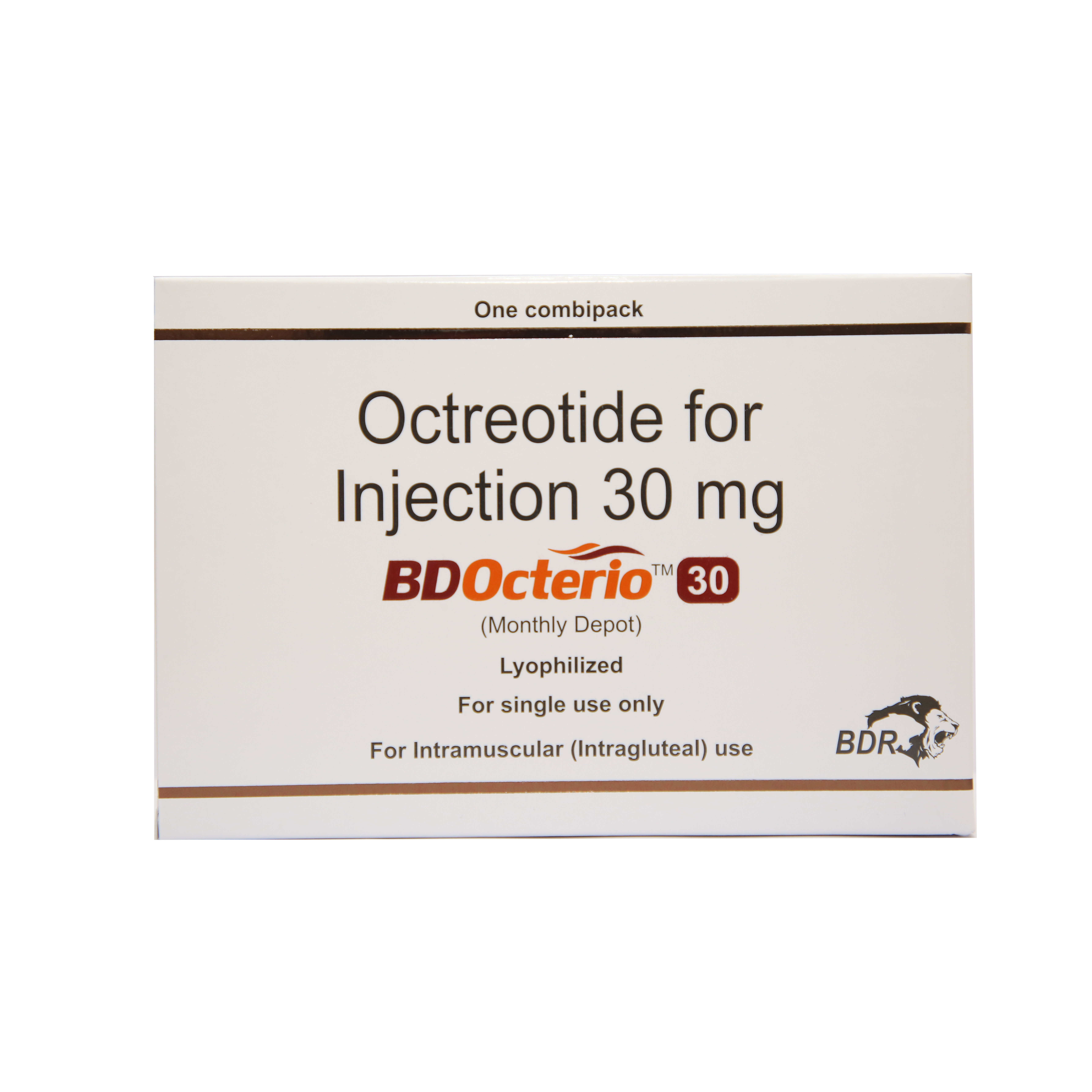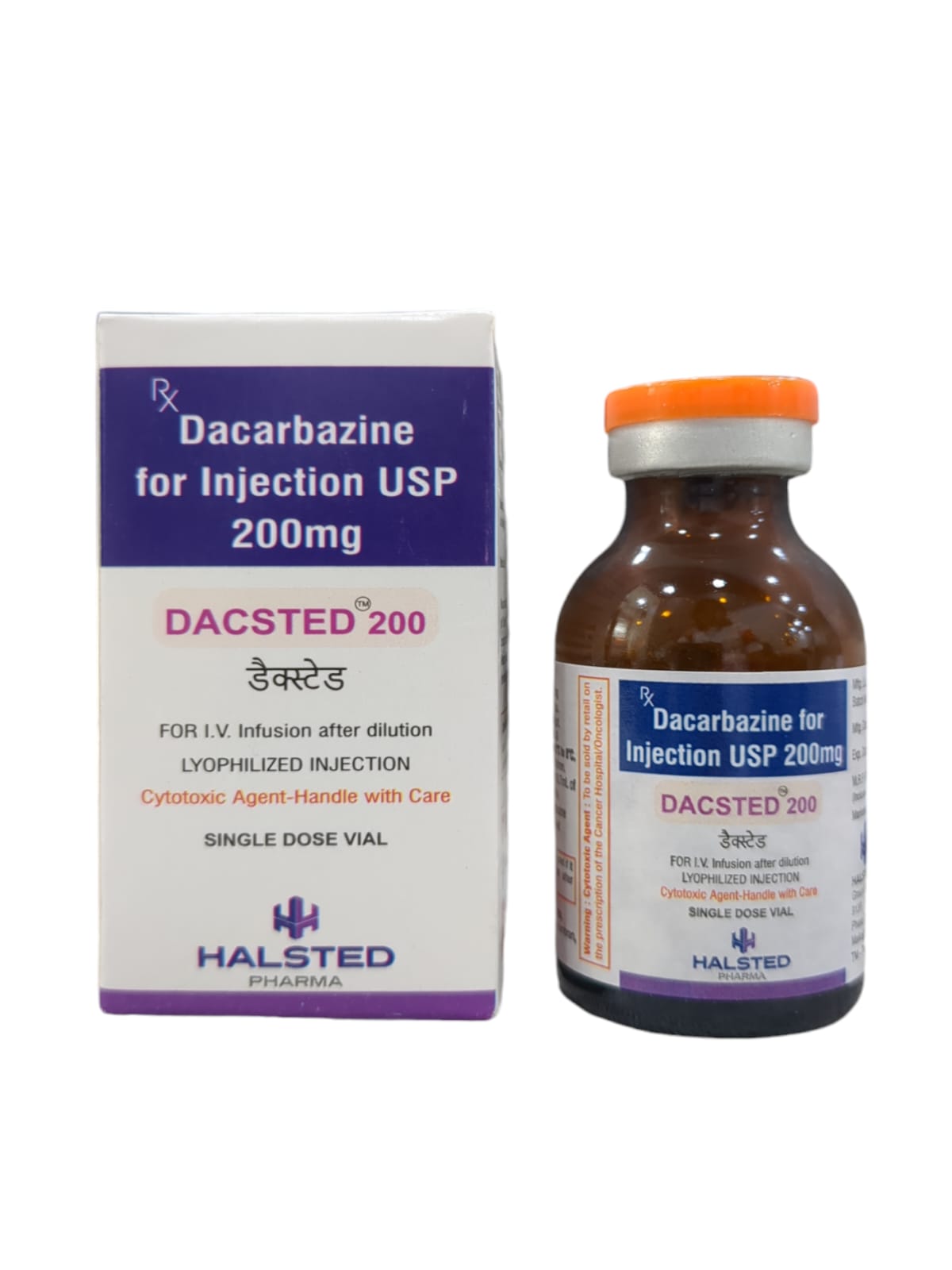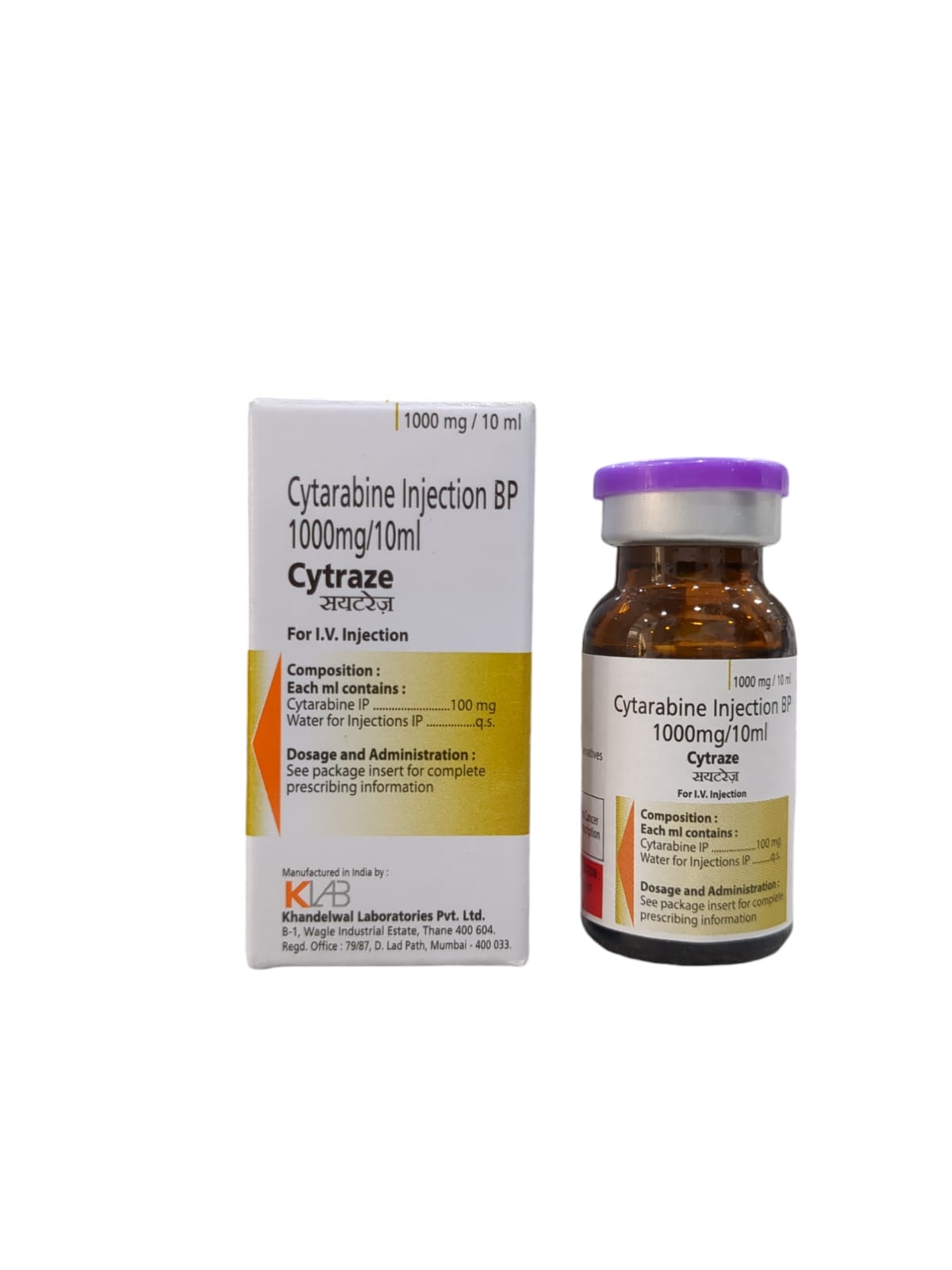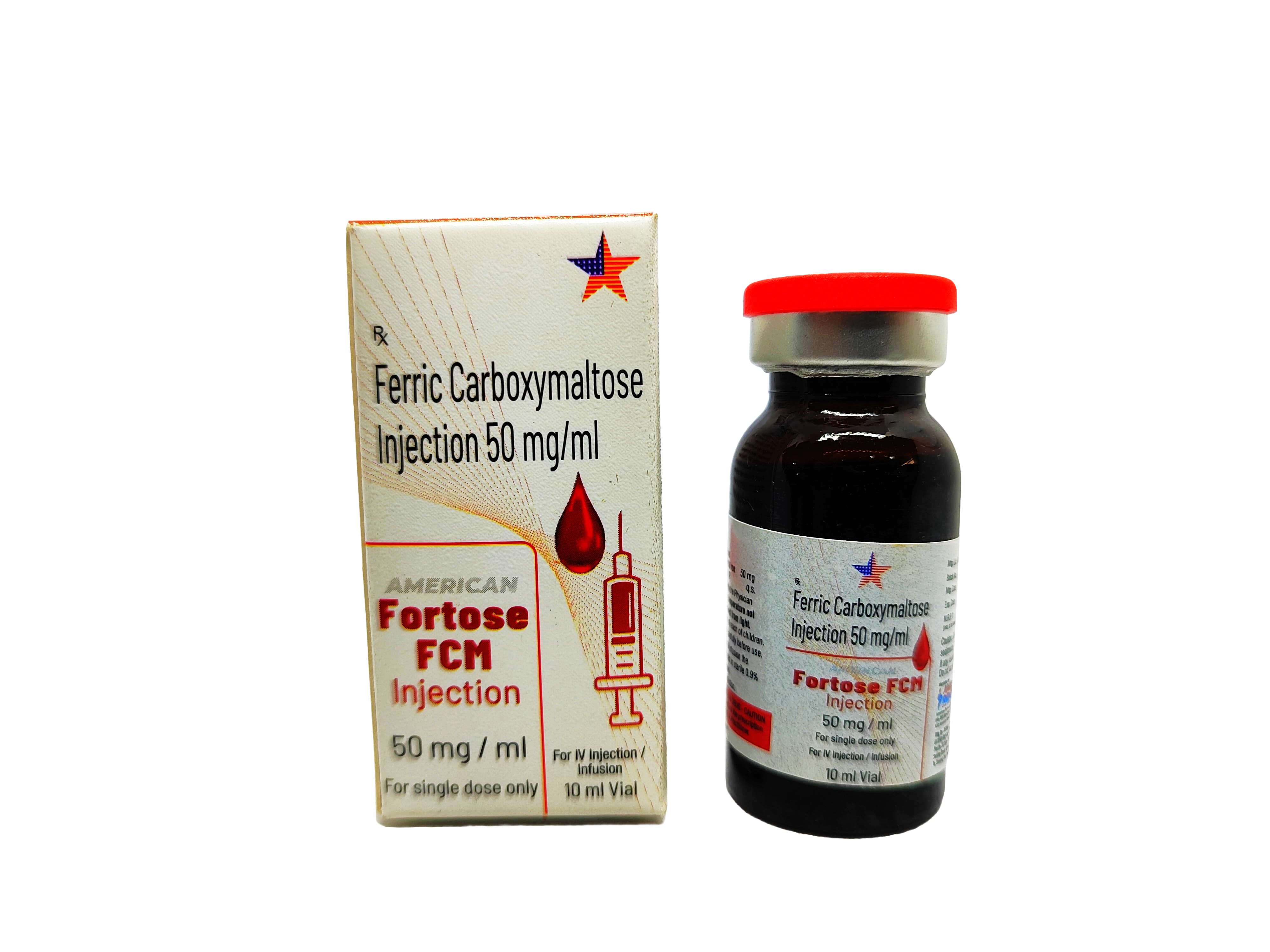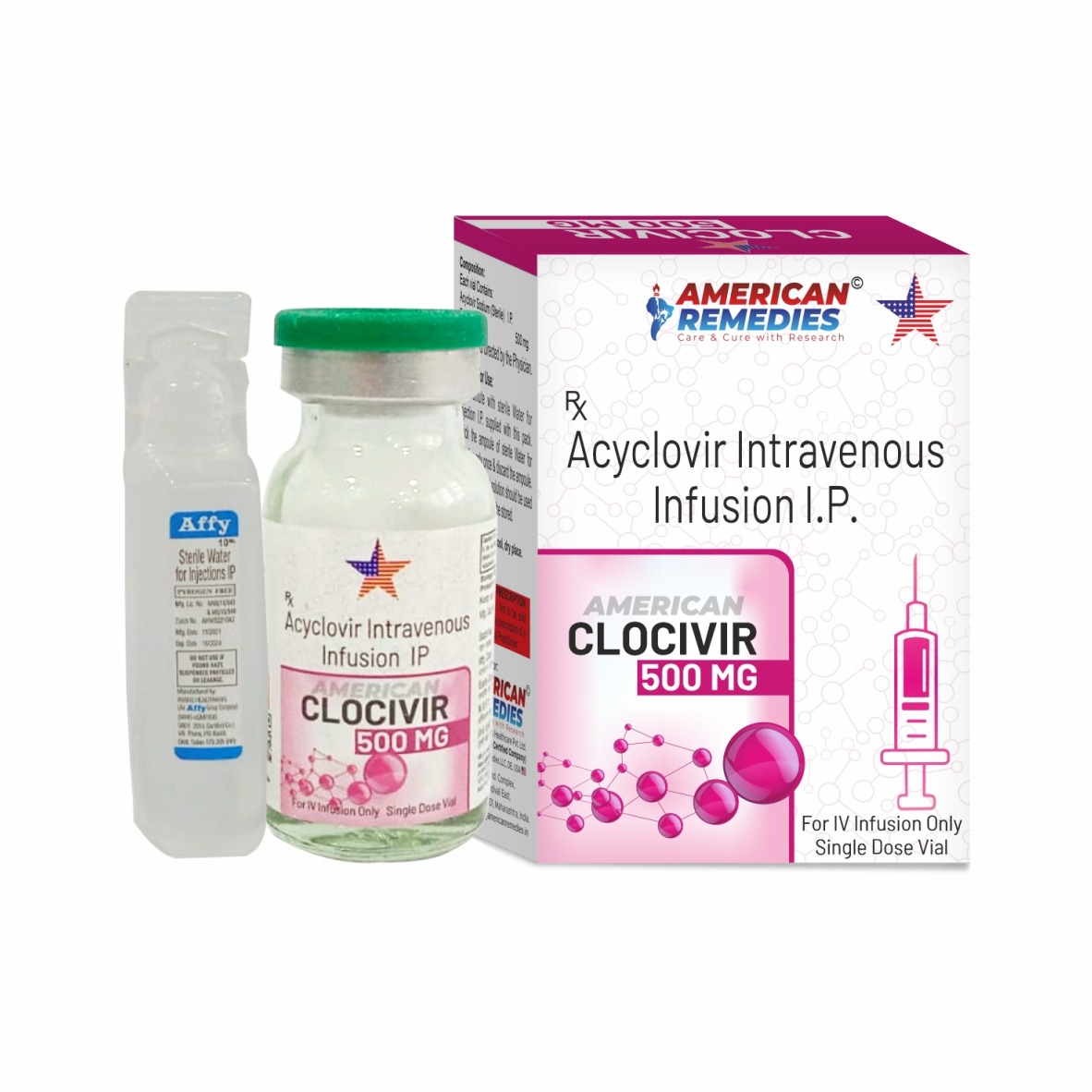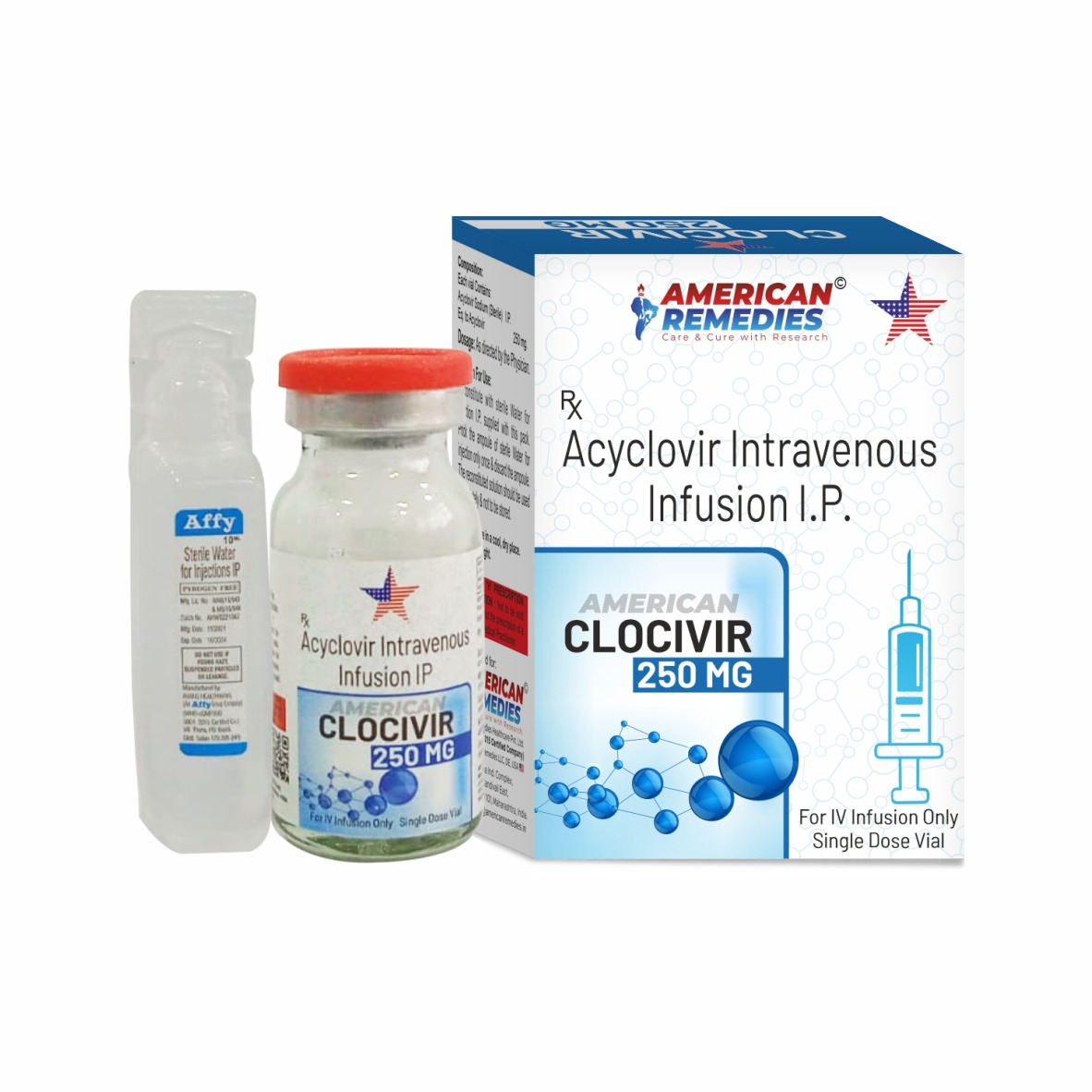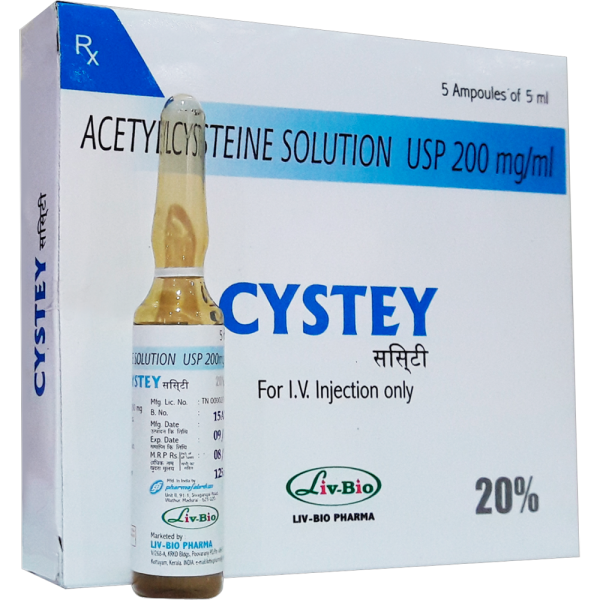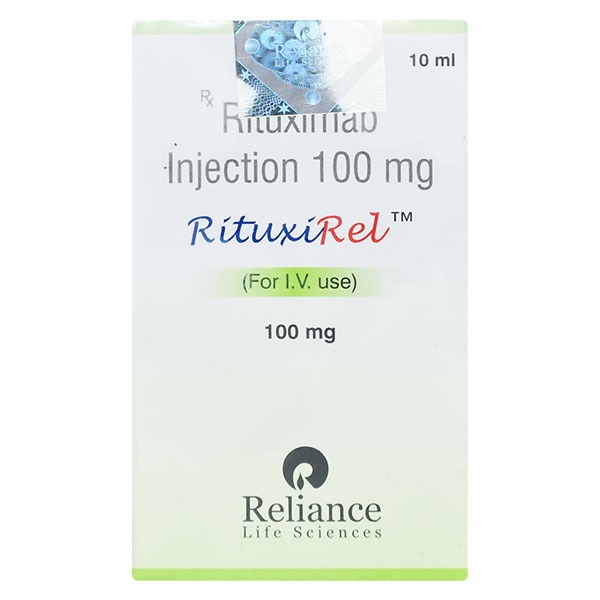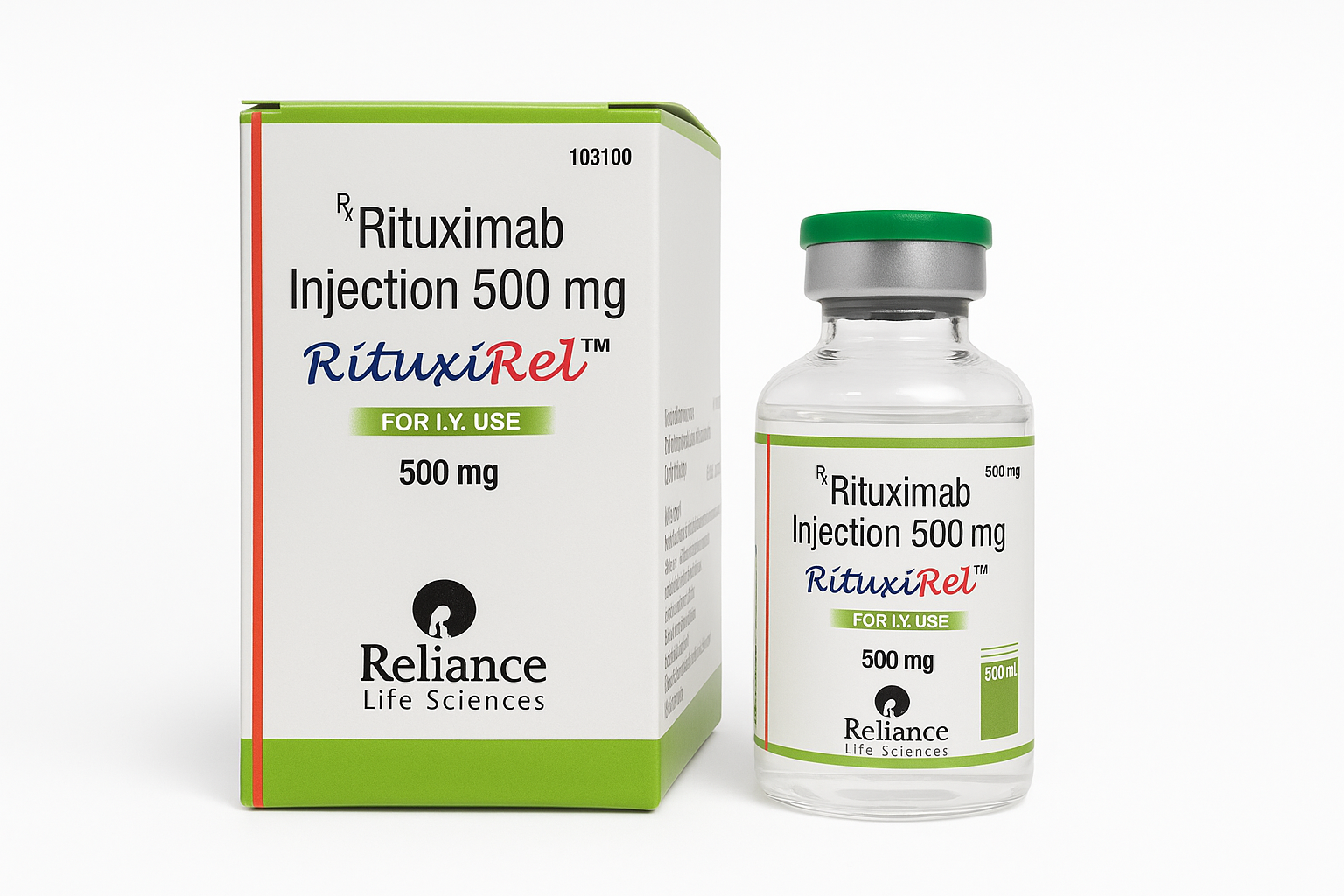Introduction to Bdocterio 30mg Injection Bdocterio 30mg injection contains the active substance octreotide. It is a synthetic compound derived from somatostatin, a substance naturally found in the human body that inhibits the effects of certain hormones, such as growth hormones. It is used to reduce the amount of growth hormone produced by people with acromegaly (a condition in which the body produces too much growth hormone, causing enlargement of the hands, feet, and facial features; joint pain; and other symptoms) who cannot be treated with surgery, radiation, or another medication. It is also used to control diarrhea and flushing caused by carcinoid tumors (slow-growing tumors that release natural substances that can cause symptoms) and vasoactive intestinal peptide-secreting adenomas (VIP-omas; tumors that form in the pancreas and release natural substances that can cause symptoms). It is used to prevent complications following surgery of the pancreas gland. It is also indicated to stop bleeding and to protect from re-bleeding from ruptured gastro-esophageal varices in patients suffering from chronic liver disease. This medicine is used to treat people with pituitary tumors that produce too much thyroid-stimulating hormone (TSH) when other types of treatment (surgery or radiotherapy) are not suitable or have not worked and after radiotherapy, to cover the interim period until the radiotherapy becomes fully effective. Do not use this medicine if you are allergic to octreotide or any of the other ingredients of this medicine. Inform your physician if you have gallstones, high or low blood sugar levels, vitamin B12 deficiency, and liver diseases. Bdocterio 30mg injection may lower your heart rate, and very high doses can cause abnormal heart rhythm, so your doctor may monitor your heart function regularly during the treatment. Inform your physician if you are pregnant or breastfeeding before initiating the treatment. Uses of Bdocterio 30mg Injection To treat acromegaly Relieve symptoms associated with some tumors of the GI tract To prevent complications following surgery of the pancreas gland To treat pituitary tumors that produce too much TSH Therapeutic Effects of Bdocterio 30mg Injection Bdocterio 30mg injection acetate, a cyclic octapeptide agent, inhibits growth hormone, glucagon, and insulin more effectively than the natural hormone somatostatin. The drug also reduces growth hormone and IGF-I (somatomedin C) in acromegaly, inhibits gallbladder contractions, reduces bile secretion, and suppresses thyroid stimulating hormone (TSH) secretion. Interaction of Bdocterio 30mg Injection with other drugs Inform your healthcare provider about all the medicines you take, including prescription, over-the-counter, nutritional or vitamin supplements, and herbal products. Certain medications interact with Bdocterio 30mg injection and reduce their effectiveness by causing undesirable side effects. More Information about Bdocterio 30mg Injection Store the Bdocterio 30mg injection in the refrigerator at 2°C to 8°C Do not freeze Protect the medicine from light and excessive moisture. Keep the medicine out of reach of children and pets If you forgot to take the injection, inform your healthcare professional immediately and reschedule the appointment. How to consume Bdocterio 30mg Injection Always use this medicine as exactly prescribed by your doctor. Depending on the condition being treated, an infusion of Bdocterio 30mg injection is given by either subcutaneous (under the skin) injection, intramuscularly (into the muscle of the buttocks), or intravenous (into a vein). A healthcare professional will always administer intravenous and intramuscular injections. If you are prescribed a subcutaneous injection, your doctor or other healthcare professional will explain how to inject the medicine under the skin. Safety Advices for Bdocterio 30mg Injection Image Not Available Pregnancy Bdocterio 30mg injection will only be given during pregnancy if needed. Inform your physician if you are pregnant, suspecting pregnancy, or planning to get pregnant during the treatment. Use effective contraception during the treatment. Image Not Available Breast Feeding Breastfeeding is not recommended in patients taking Bdocterio 30mg injection because the medicine passes into the breast milk in small amounts and may harm your baby. Do not breastfeed during the treatment. Image Not Available Lungs It is unknown whether Bdocterio 30mg injection can be used in patients with lung disorders. Consult your doctor if you have any lung diseases before starting the treatment. Image Not Available Liver Bdocterio 30mg injection is contraindicated in patients with acute liver failure. Dose adjustments are necessary if you have liver problems. Inform your physician if you have any liver disease before initiating the therapy.
Send Message